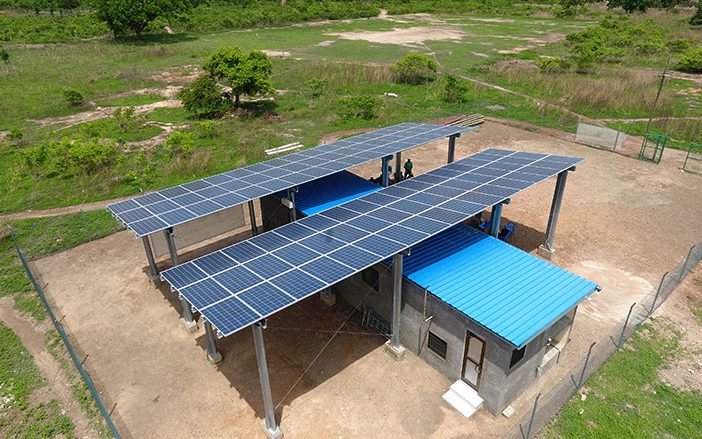- The project, which has been awarded £1.3m ($1.672m) by the Scottish government, will create enough solar energy to connect about 50 households and 20 small businesses.
- Additional projects include two schools in Mandrade and Gola, plus two health clinics.
A solar power project, led by Strathclyde University researchers, has transpired in affordable energy supply businesses being set up in four Malawian villages.
The partnership, which has been backed by a £600,000 ($772,017) grant from the Scottish government, ensures locals own and operate the solar equipment. The project includes battery chargers and power connections for other small businesses.
The Scottish international development minister, Ben Macpherson, praised the impact of the project, stating that it was an example of a “commitment to good global citizenship”.
The project, which has been awarded £1.3m ($1.672m) by the Scottish government, will create enough solar energy to connect about 50 households and 20 small businesses.
Macpherson added: “Implementing efficient energy schemes in rural areas of Malawi will play a major role in alleviating poverty and reducing inequalities in some of the country’s most vulnerable communities.
“This project will continue to have a life changing impact beyond the three year grant period through enabling communities to develop new enterprises, supporting schools and helping hospitals.”
The Strathclyde team is now building on the success of the partnership, which ended in September 2018, with a new initiative to install micro grids to support solar power in the district of Dedza in Malawi’s central region.
Only 12% of Malawi’s 18 million is connected to the main electricity grid, which dips to 2% in rural areas, reports BBC. Professor Stuart Galloway, who led the initiative at Strathclyde, said: “The aim was to make a direct impact on the communities involved so the project doesn’t just provide an engineering solution, but is actually improving lives.”
Two schools in Mandrade and Gola, with a combined pupil roll of more than 12,000, are now also supplied by solar energy, along with two health clinics. An increased number of children, especially girls, have also passed the end of primary school leaving exams. Read more: Malawi makes moves to de-risking renewable energy projects
Galloway added: “One of the benefits has been that schools which use renewable energy are recording large numbers of students studying at night, and the most recent exam results indicate a substantial improvement in pass rates. “Teachers are also more inclined to come and work in the schools because they have electricity.”
The percentage of households now using renewable energy in the villages the project has reached – Mandrade, Kandeu, Gola and Thendoin – has almost tripled, with energy access improving for more than 4,000 people.
Author: GBA News Desk/ESI-Africa Guest Contributor
This article was originally published on ESI Africa and is republished with permission with minor editorial changes.















